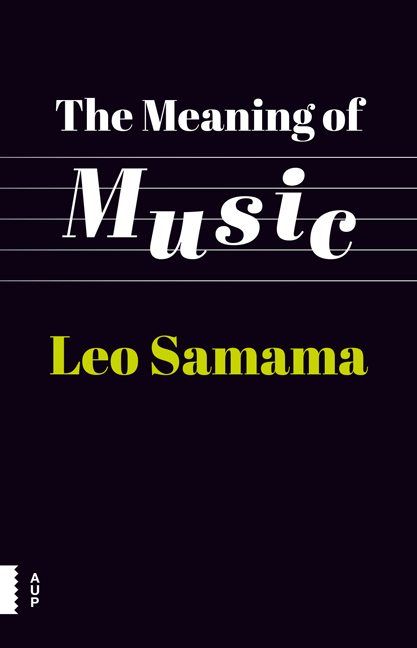Summary
What is more self-evident than the relationship between music and emotion? Surely we need waste no more words on this? Music goes from heart to heart, and nothing can touch us more deeply. No other art form is capable of moving us so directly. According to some researchers, even the Neanderthals recognised a difference between the language of emotions (music) and the language of concrete messages (words). Nonetheless, ‘music and emotion’ is a fraught and complex subject for scientists. For many centuries we have wanted to know why it is that we respond so strongly to music, and researchers and theoreticians have tried to establish the connection between music and emotion in systematic terms.
No doubt it began with the simple observation that when music sounded, it was able to change the emotions of listeners. Are you in a bad mood? With a cheerful tune you will soon feel better. If you are in good spirits and you listen to a melancholy composition then your frame of mind can be overturned. It is as if we respond to music like a thermometer. We feel every nuance and each change of temperature without having studied the piece, without any need for knowledge about or understanding of music. For many people, this is the mystery of music.
On the basis of similar experiences, Kant concluded that music could not be grasped cognitively, that it could convey no image of concrete reality and that its function was more for pleasure than as a part of culture. For this reason he positioned music at the bottom of the scale in relation to other forms of fine art, since it only works on our feelings. Kant was of the opinion that music has no effective aims, and exists only because of its beauty. Music serves no purpose, but is sublime: it stimulates the world of our ideas, by which is meant Platonic ideas. Thus we can project our image of beauty onto music, and that is its purpose.
The point is not whether music should for this reason be at the bottom or the top of the scale when it comes to the fine arts, nor whether we agree or disagree with Kant that music cannot be grasped cognitively.
- Type
- Chapter
- Information
- Meaning of Music , pp. 95 - 101Publisher: Amsterdam University PressPrint publication year: 2016



